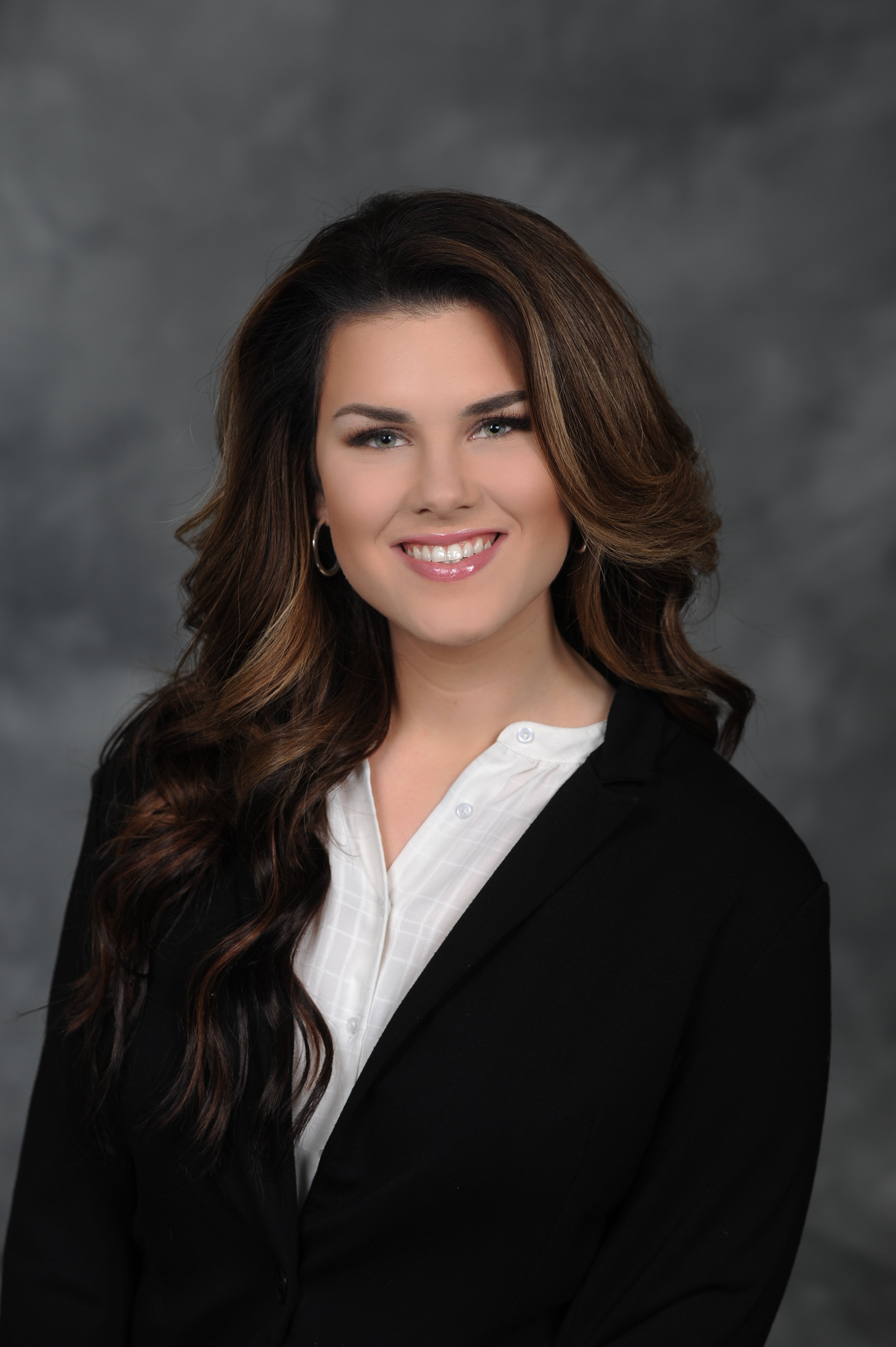Improving the financial literacy in our area is one of the key ways that Carolina Trust tries to live out the credit union philosophy, "people helping people." To truly help our community, we have to go beyond providing them with financial services; we have to teach them healthy financial practices and help them implement them into their lives. Like learning anything, the earlier you start, the better off you'll be, which is why we put such a significant emphasis on financial literacy resources for our youth.
April is CUNA Youth Month, and Carolina Trust is celebrating in a lot of different ways. We're sharing financial content geared towards youth all month long, including activities, story time, and even a giveaway contest. You can visit our website for more information, and be sure to check back each week for new content.
If you're looking for a great way to start the conversation about finances with your child, bringing them into the credit union and opening a Goal Club account is a great place to start. Check out the BALANCE blog post below, "Is it time to open a checking or savings account for your children," for more information about the benefits of introducing your child to the world of personal finance at an early age.
How financially savvy are your children?
According to a recent survey, only five percent of adults received any kind of financial education in school. It is a scary statistic, and may partially explain consumers’ record-high credit card and student loan debt.
If you want to equip your kids with the tools to be financially secure adults, a good place to start is with a savings and/or checking account. Once they see money going in and coming out, it can drive home a lesson about money management.
Wondering if they can handle the responsibility? Read on…
Savings accounts
Most kids can typically grasp the concept of a savings account early in their development. Here’s how to know if your children are ready to use one:
- They’re curious about money
If your child expresses a genuine interest in coins, shopping or anything related to money, this can be a good segue into a savings lesson: financial institutions allow you to put money aside until you really need it. - Their piggy bank is overflowing
If your kids have a lot of change in their piggy bank, watch out. It may disappear before your eyes. Take this opportunity to teach them that if they save some of their money in an account, it can earn interest (i.e., more money) over time. - They have a savings goal
If your children are saving up for something big, this is the perfect time to introduce a savings account. They can make a deposit into the account so that they will not be tempted to spend all of their cash.
Checking accounts
Checking accounts tend to be suited better to older kids who have had more exposure to money. Here are some signs that your kids could benefit from a checking account:
- They’re responsible
No matter how responsible you are, it can be tempting to withdraw more cash than you should. You might wait to open an account with your children until they demonstrate responsibility in other areas such as getting a driver’s license or maintaining a part-time job. - Their school doesn’t teach personal finance
Most schools fail to teach basic concepts of personal finance, which means that it is up to you. A checking account can be a great way to reinforce lessons about not spending more than you have, using a debit card, and more. - All their cash is stuffed into their wallet
The wallet-as-checking-account is dangerous for several reasons. Not only can cash easily get lost, it’s hard to track your purchases. By contrast, an account statement lets you view all of your spending and withdrawal activity, which can be a handy budgeting tool.
If you’re eager to introduce your children to the world of personal finance, checking and savings accounts are a good place to start. Just watch for the signs, and start when they are ready





